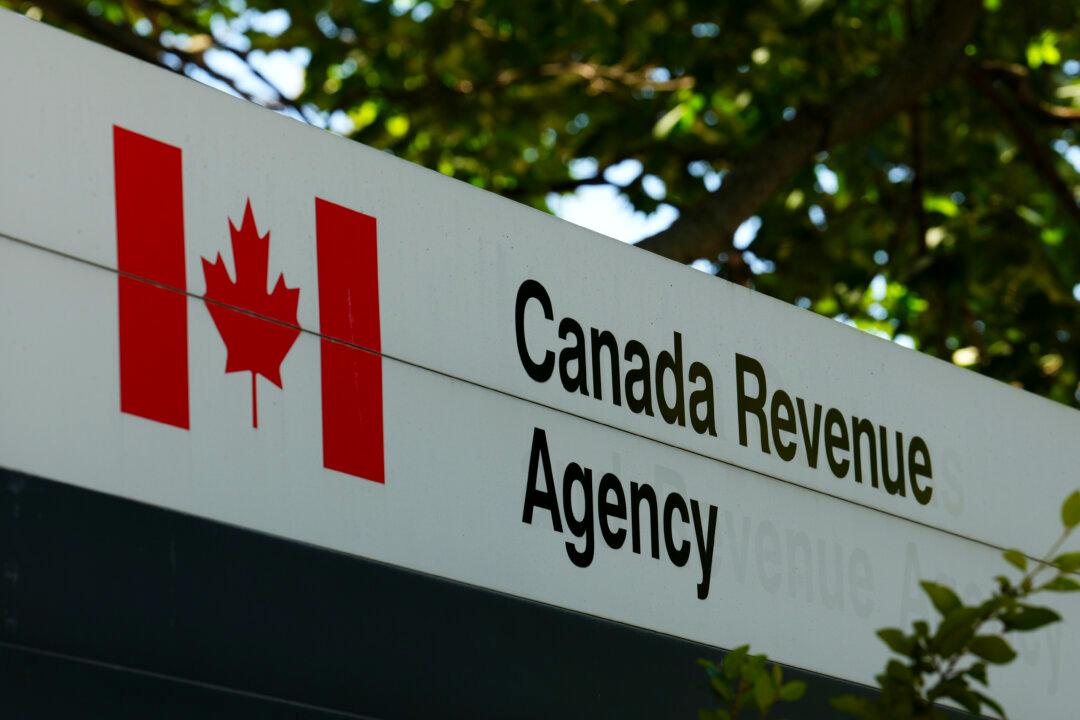The Canadian Chamber of Commerce is urging Ottawa to provide certainty to Canadians about the capital gains tax and to instruct the tax agency to refrain from implementing any changes until after an election has taken place.
The tax was part of a ways and means motion introduced by the Liberal government. It passed in the House of Commons last June. A ways and means motion proposes that a particular financial measure be considered by the House.





